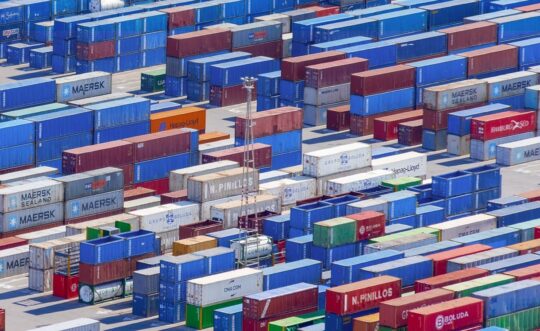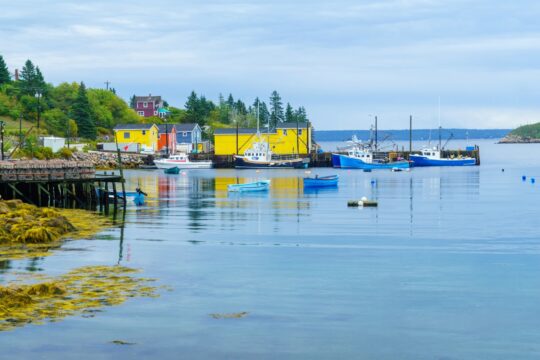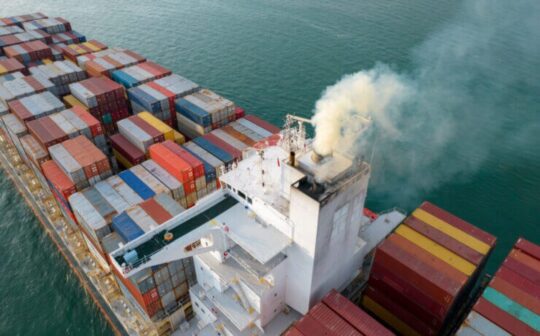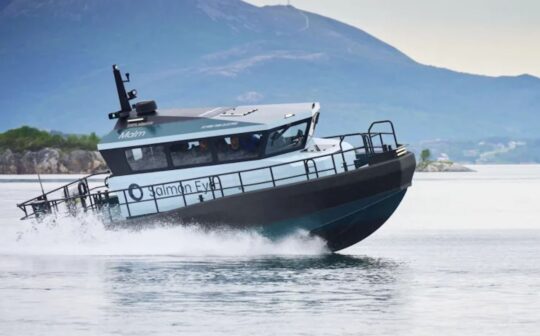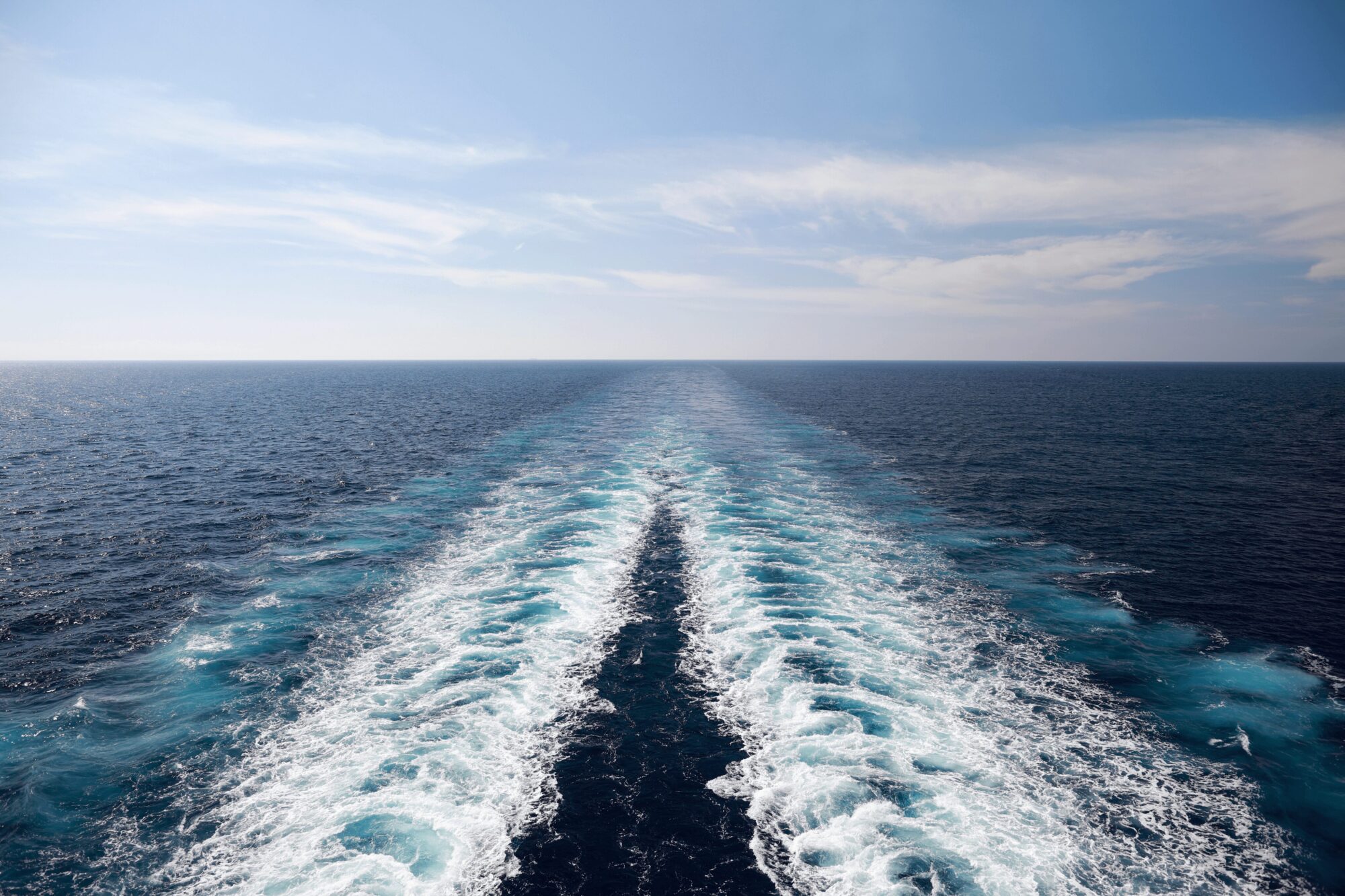
For the Climate
The world needs to reduce emissions quickly and across all sectors of the economy.
For the Climate
The world needs to reduce emissions quickly and across all sectors of the economy.
Marine Electrification in Canada

$30 billion global economic opportunity
The electrification of domestic workboats, ocean vessels, and ferries is expected to be a $30-billion global economic opportunity by 2030. This includes the construction of new zero-emission vessels and the development of shoreside charging infrastructure, fostering innovation and creating jobs in clean technology.
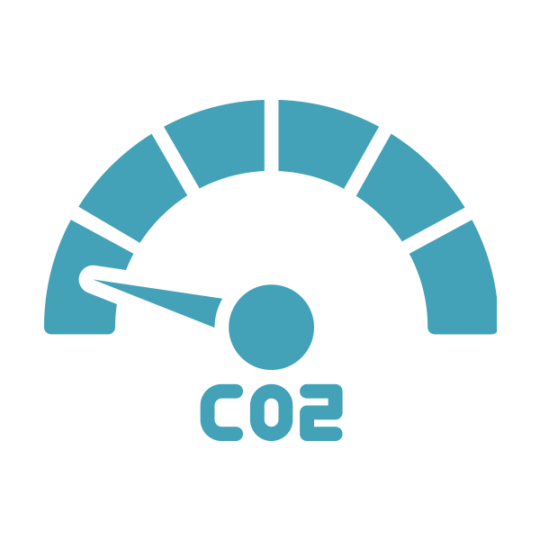
9 million tonnes CO2e reduction
Canadian ships and commercial vessels are responsible for 9,300,897 tonnes of CO2e, which is the same as roughly two million gas-powered vehicles driven for one year. Globally, the shipping industry is responsible for roughly 1,000 Mt of greenhouse gas emissions per year or 3 percent of total global emissions and on pace to grow, according to the International Maritime Organization (IMO).

Improving air quality for ~10 million Canadians
Adopting zero-emission technologies in marine vessels will eliminate harmful air pollutants, improve air quality, and reduce underwater noise pollution on both the Atlantic and Pacific coasts as well as around the Great Lakes region. This transition enhances the health and well-being of coastal communities.
Zero-Emission Fishing Boats
By transitioning its domestic fleet of coastal and near-shore fishing vessels from diesel engines to battery-electric and hybrid-electric propulsion systems, Canada can reduce emissions, cut operational costs, and support its net-zero-by-2050 targets, taking global leadership in maritime decarbonization.
Nova Scotia’s lobster fishery is ready to lead the way. Oceans North has partnered with Membertou, Allswater, Bluegrid, and other industry partners to design and build Lektrike’l Walipotl—the first purpose-built electric lobster fishing vessel with a bi-directional charger.
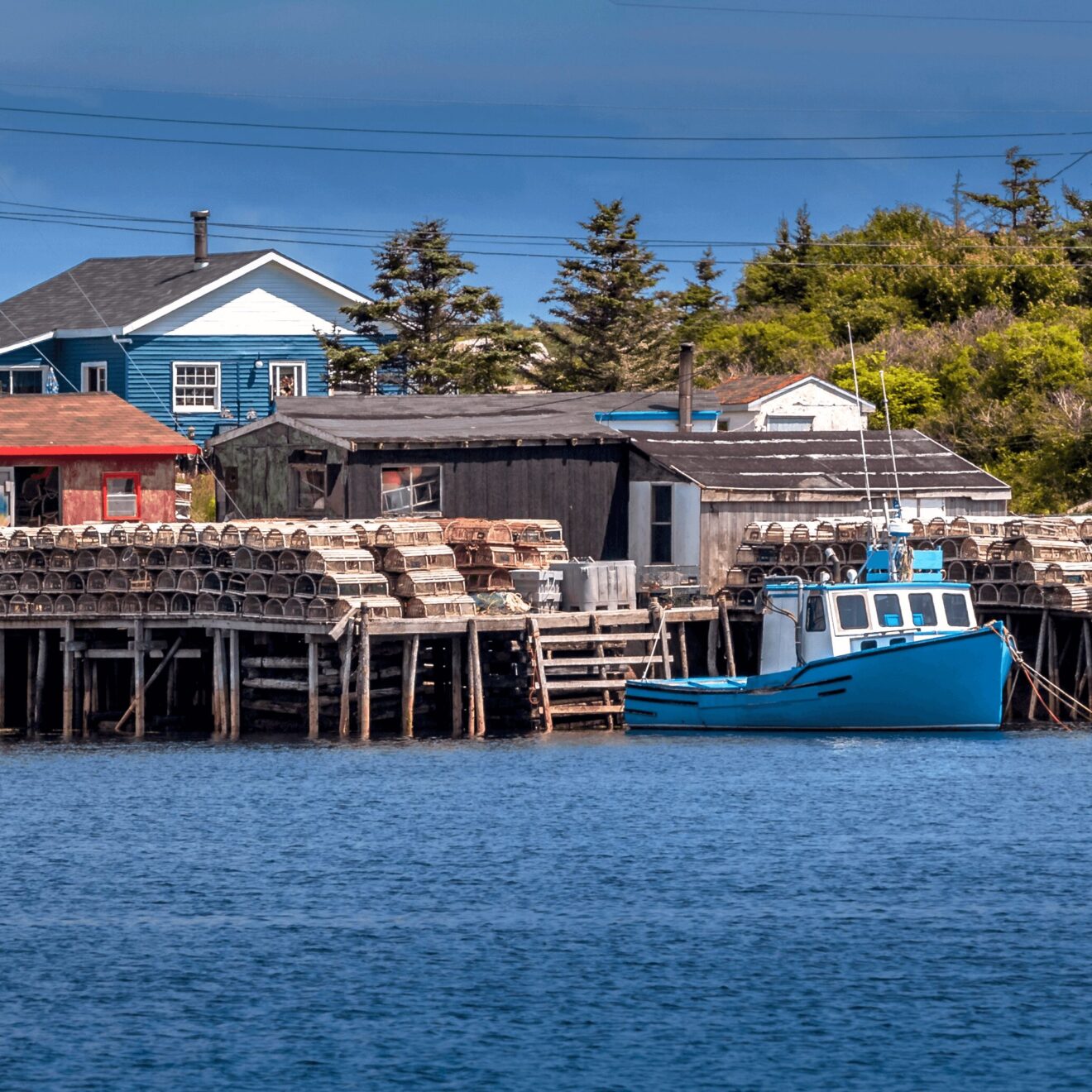
Zero-Emission Ocean Vessels
Reducing greenhouse gas emissions and improving air quality requires ocean vessels to adopt zero-emission systems. By adopting battery-electric systems, hybrid-electric systems, and zero-emission fuels, Canada can enhance efficiency, protect marine environments, and promote sustainability.
Oceans North is collaborating on the design of a next-generation, zero-emission ocean research vessel to support Canada’s scientists studying Arctic ecosystems and climate change.
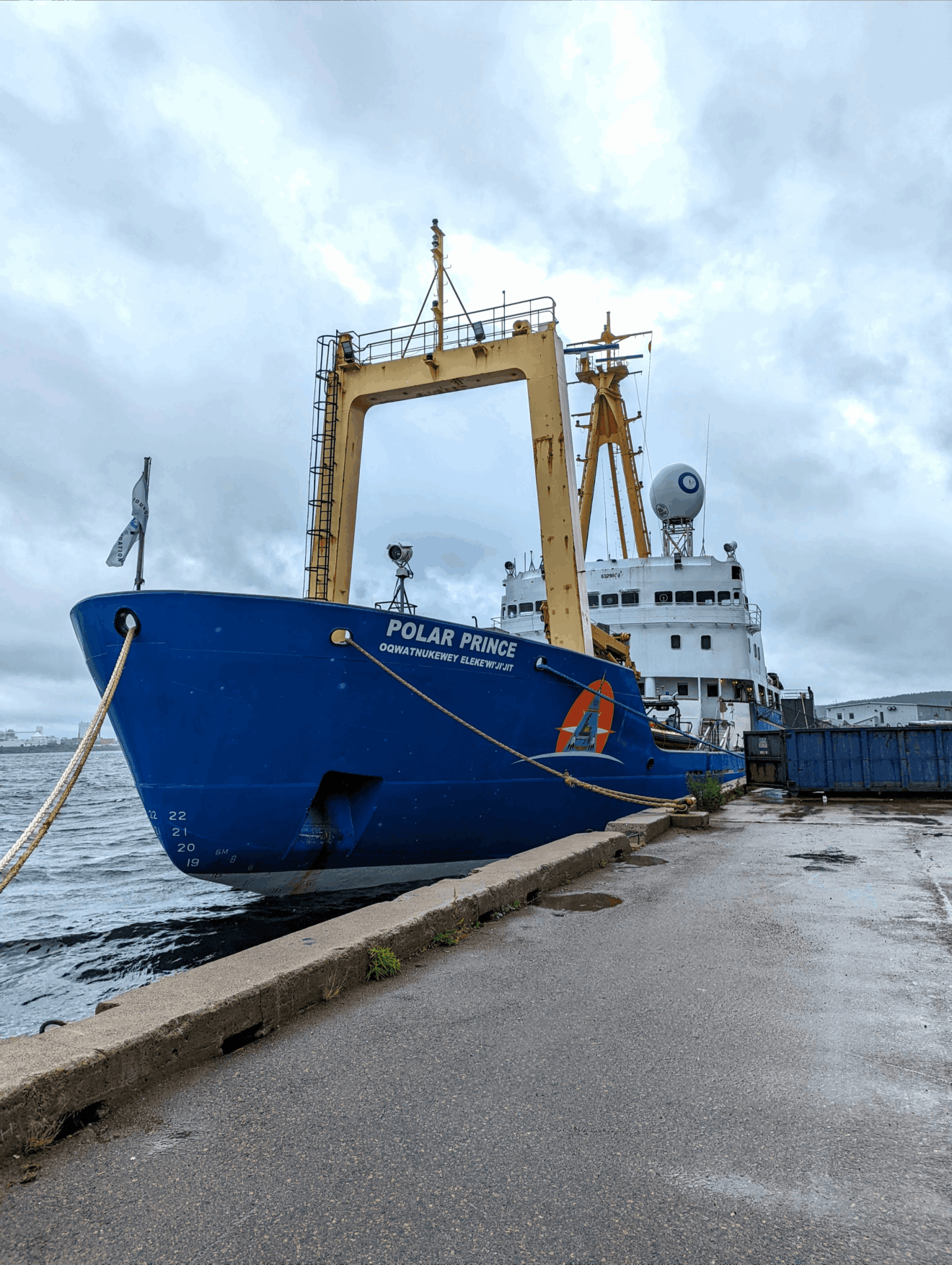
Zero-Emission Passenger Ferries
Ferries operate on simple, repeating missions, making them a clear candidate for advancing battery electric and hydrogen fuel cell applications. Emission-free ferries are being deployed around the globe, including several ferries currently in service in Canada. Ferries provide a crucial opportunity to leverage public funding available to decarbonize the transportation sector.
Oceans North is advocating for the full decarbonization of ferries and harbour craft in Canada by 2035.

Related Stories
Zero–Emission Vessels
At the IMO, Countries Float Ideas to Reduce Emissions from…
Over the last two weeks, countries around the world met at the International Maritime Organization (IMO) headquarters in London to discuss an important but often overlooked problem: how to reduce emissions from ships.
Read More
